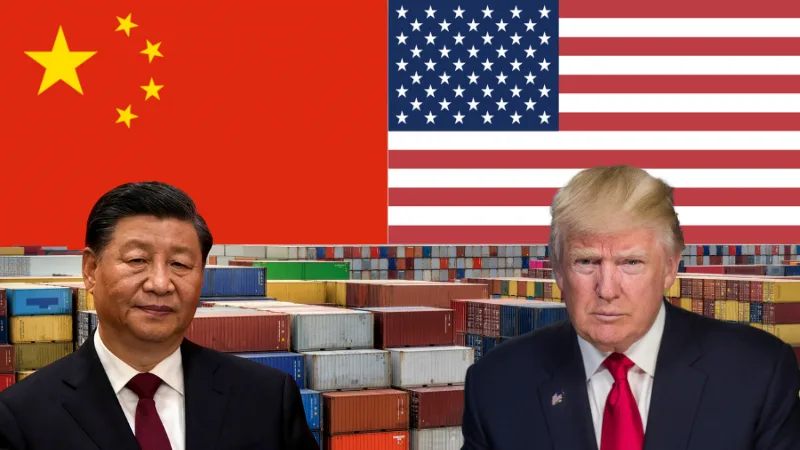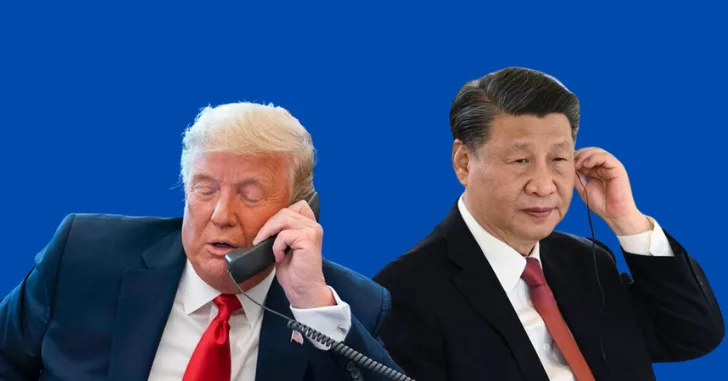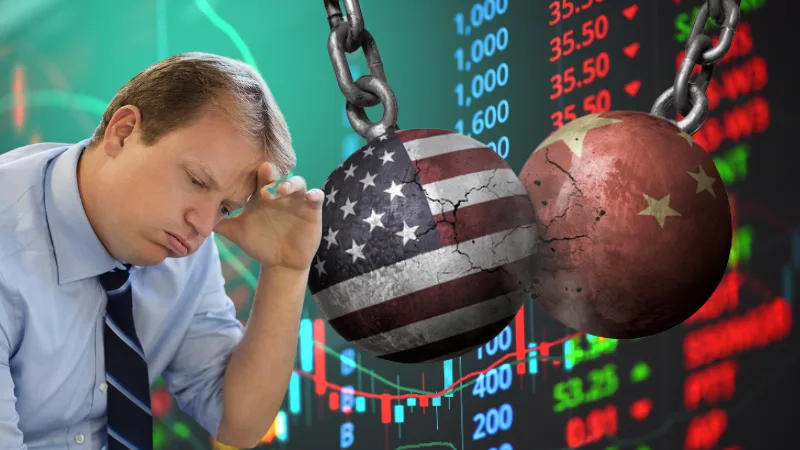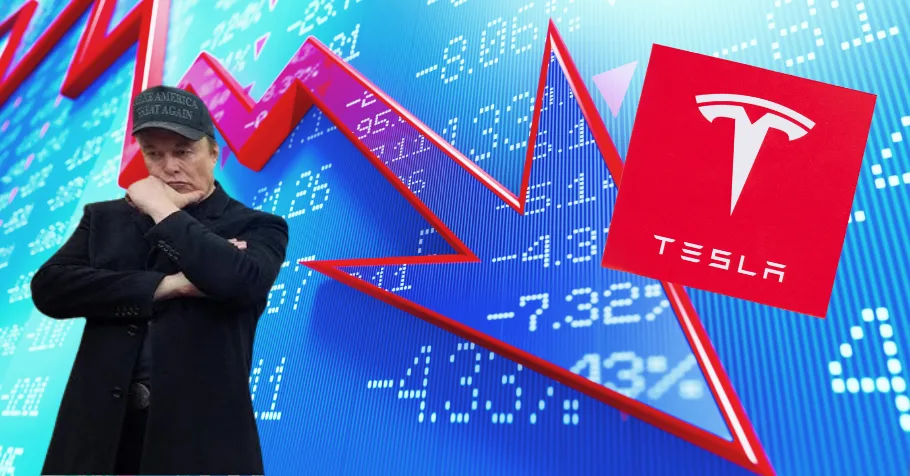Tensions between the United States and China have once again reached a boiling point, with President Donald Trump describing Chinese President Xi Jinping as “extremely hard to make a deal with.” The stark remark comes amid increasing uncertainty in global markets, stalled negotiations, and mounting frustration from investors and policymakers over the lack of clarity in trade relations between the world’s two largest economies.
As economic cooperation teeters, political signals from both Washington and Beijing suggest that a direct conversation between the two leaders may be imminent. Yet, no formal call has been confirmed, and the strategic posturing from both sides reflects the growing mistrust in this latest round of economic brinkmanship.
Trade Stalemate After Switzerland Agreement
The current impasse stems from a trade agreement signed in Geneva on May 12, where both nations pledged a temporary truce: a 90-day suspension of most tariffs and a partial rollback of retaliatory measures, particularly those affecting U.S. exports to China. This agreement was meant to be a springboard for deeper cooperation, but it has quickly unraveled.
The U.S. administration has accused Beijing of failing to uphold its end of the bargain, particularly when it comes to loosening export restrictions on rare earth minerals—crucial materials used in everything from electric vehicles to military hardware. China, on the other hand, argues that Washington continues to escalate tensions by imposing new limits on its access to advanced technology and by tightening visa restrictions for Chinese students.
Trump Doubles Down on Criticism
In a post on Truth Social, President Trump made his frustration explicit:
“I like President XI of China, always have, and always will, but he is VERY TOUGH, AND EXTREMELY HARD TO MAKE A DEAL WITH!!!”
The public declaration followed reports from inside the White House that a phone call between the two leaders could happen as soon as this week. However, as of now, no official statement has confirmed such a conversation is scheduled.
According to U.S. Treasury Secretary Scott Bessent, who spoke Thursday, the state of trade discussions is “a bit stalled,” reinforcing the idea that progress will require direct involvement from both presidents. A senior administration official earlier this week told CNBC that a Trump-Xi phone call was “likely” but gave no definitive timeline.
Beijing Blames Washington, Urges Respect
Chinese Foreign Minister Wang Yi met with the new U.S. Ambassador to China, David Perdue, on Tuesday, where he criticized recent actions by the Trump administration as “negative measures” based on “groundless reasons.” According to the Chinese Foreign Ministry’s official readout, Wang accused the U.S. of undermining China’s legitimate interests and expressed concern that the recent moves—such as visa revocations and continued export controls—were derailing the delicate diplomatic balance.
Despite this, the readout also included a more conciliatory note, quoting Ambassador Perdue as saying that President Trump had “great respect” for President Xi and that the U.S. sought to “meet China halfway.”
This dual messaging, experts believe, is an attempt by Beijing to set the stage for a potential call without risking a political misstep.
“This is apparently Beijing trying to leave the impression that Trump wants to talk,” said Neo Wang, lead China economist at Evercore ISI.
“Beijing publicly doing so indicates the phone call is drawing near.”
Wang added that the in-person meeting between Perdue and the Chinese foreign minister was likely engineered to build trust before any potential call, ensuring that President Xi wouldn’t be politically exposed to any surprise announcements from Trump afterward.
Why This Matters to Global Markets
While diplomatic overtures continue, investors are growing increasingly impatient. The U.S.-China relationship has long had significant influence on global economic stability. From semiconductor supply chains to agricultural exports, disruptions stemming from bilateral conflict can ripple across global industries and markets.
In particular, China’s slow response to loosening rare earth exports has drawn concern from U.S. defense officials and manufacturers alike. These minerals are critical not only to clean energy technologies and consumer electronics but also to national security applications, making China’s control of the supply chain a potential geopolitical leverage point.
Simultaneously, the Trump administration’s decision to escalate tech decoupling efforts is seen by some analysts as a double-edged sword. While it aims to curb China’s access to sensitive American technologies, it also risks undercutting U.S. tech firms that rely on Chinese manufacturing or market access.
Tech, Immigration, and Fentanyl: The Broader Battlefield
In a separate post on X, Ambassador Perdue underscored U.S. priorities during his meeting with Wang Yi, listing “trade, fentanyl, and illegal immigration” as top areas of concern. These topics reflect a broader national security and domestic policy agenda that is increasingly being tied into trade negotiations.
The fentanyl crisis in particular has become a flashpoint between the two countries. The U.S. has accused China of not doing enough to crack down on chemical manufacturers that supply precursor ingredients for the deadly opioid. While Beijing has denied facilitating such trade, it has shown some willingness in the past to collaborate on enforcement, albeit sporadically.
Immigration, though not traditionally a major component of U.S.-China relations, has gained new prominence due to visa restrictions and growing tensions over academic exchange. The Trump administration’s revocation of visas for Chinese students has drawn criticism from both American universities and Chinese officials, who see the move as punitive and short-sighted.
The Strategic Gamble Ahead of a Possible Call
Analysts are split on whether a Trump-Xi phone call would yield any substantial progress or simply act as a diplomatic photo op. Trump’s preference for personal diplomacy has in the past resulted in major headlines but mixed outcomes—such as the North Korea talks that produced historic images but no concrete disarmament.
Still, the stakes are high. With the global economy already on edge due to inflation, high interest rates, and sluggish growth in key markets, a further escalation in U.S.-China trade tensions could dampen investor confidence further and spark volatility across sectors from tech to agriculture.
“The call, if it happens, needs to have deliverables,” said Li Ming, a trade policy analyst at the Peterson Institute for International Economics. “Markets are no longer satisfied with promises or vague statements—they want to see tariff schedules rolled back, trade routes reopened, and supply chains stabilized.”
Trump’s Second Term Adds Complexity
President Trump, now in his second term, faces both heightened expectations and tighter political margins. His base expects him to take a hardline stance on China, especially after years of escalating rhetoric on trade imbalances, intellectual property theft, and currency manipulation.
However, the economic reality of a protracted trade war—particularly with China’s retaliatory power and global economic influence—makes it risky to push too hard. Any perceived failure to deliver on trade while markets suffer could become a political liability heading into midterm elections.
Looking Forward: Will They Talk or Stall?
For now, all eyes remain on whether the Trump-Xi call will actually happen. On one hand, both sides have strategic reasons to de-escalate. On the other, neither wants to appear weak.
Washington seeks compliance on trade, enforcement on fentanyl, and limitations on Chinese tech advancement. Beijing wants respect, reciprocal treatment, and economic breathing room. Between these goals lies a wide chasm—one that may not be bridgeable by a single phone call, no matter how historic.
Until then, businesses, investors, and diplomats are left reading tea leaves and statements, wondering if meaningful progress is possible—or if both sides are merely buying time for the next round of high-stakes negotiation.





